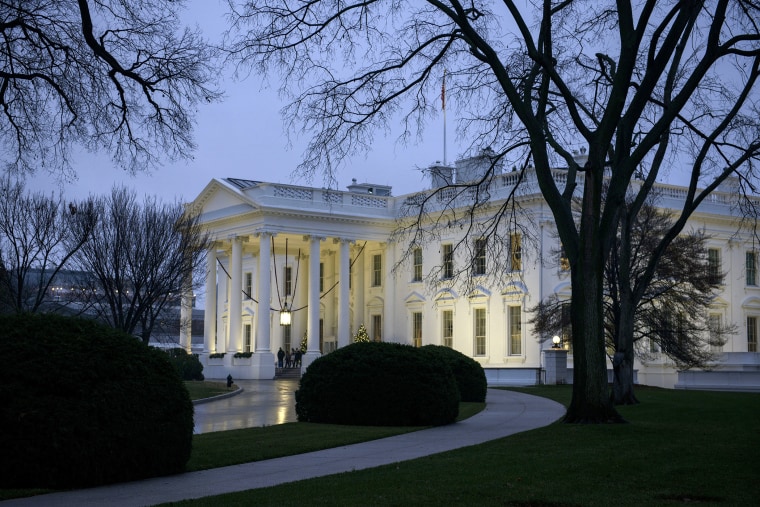Two of the most prominent far-right voices in Washington, Sen. Ted Cruz (R-Texas) and Rep. Paul Ryan (R-Wis.) have a Wall Street Journal op-ed today on an issue that's quickly becoming a major political dispute. The headline on their joint piece is important, in an interesting sort of way: "Putting Congress in Charge on Trade."
The United States is making headway on two historic trade agreements, one with 11 countries on the Pacific Rim and another with America's friends in Europe. These two agreements alone would mean greater access to a billion customers for American manufacturers, farmers and ranchers. But before the U.S. can complete the agreements, Congress needs to strengthen the country's bargaining position by establishing trade-promotion authority, also known as TPA, which is an arrangement between Congress and the president for negotiating and considering trade agreements. In short, TPA is what U.S. negotiators need to win a fair deal for the American worker.
TPA is perhaps best known by its more common name: "fast-track."
Trade policy can get a little tricky, but the point of trade-promotion authority is to streamline the process. Under the plan, Congress would empower President Obama to move forward on the Trans-Pacific Partnership, negotiating its specific provisions. If successful, the White House would then present a finished TPP to Congress for an up-or-down vote -- with no amendments.
Lawmakers would effectively have a take-it-or-leave-it opportunity.
Of course, the underlying policy goal of "fast-tracking" the process is to strengthen the president's hand, making it harder for Congress to intervene or alter an agreement. For Cruz and Ryan to suggest trade-promotion authority puts "Congress in charge" is pretty much the opposite of the truth -- their approach would guarantee that Obama and his team work on a trade deal with very little congressional contribution.
That's not criticism, per se. If you want the White House to negotiate without lawmakers' input, this might sound great. But let's not kid ourselves about "putting Congress in charge on trade," with a policy that would explicitly put the president in charge on trade. Lawmakers would still have the final say on whether to approve the agreement, but that's true whether "fast-track" passes or not.
And while all of this certainly matters, and will be the subject of spirited debate in the coming weeks and months, I can't help but notice that Republicans sure are selective when it comes to oversight.
When Obama launches a military offensive against ISIS, congressional Republicans effectively tell the president, "There's no oversight or legal authority needed. You wage war; we'll wait over here."
But when Obama negotiates an international nuclear agreement with Iran, Republicans switch gears, effectively telling the president, "Congressional oversight is everything, and we demand multiple opportunism to derail a diplomatic solution."
And when Obama works on the TPP, suddenly Republicans switch back, this time effectively telling the president, "Forget about that oversight stuff. Let us know when the deal's done so we can rubber-stamp it."
Maybe you're an enthusiastic free-trader, maybe you're a protectionist; maybe you're somewhere in between. Perhaps you consider TPP a critical economic issue; perhaps you think the deal isn't quite as important as the pugilists make it out to be. There's no doubt this deserves a real debate.
But some consistency would be make the debate more constructive. GOP lawmakers have grown quite fickle in defense of their malleable principles -- supporting strong congressional oversight, except when they don't, and demanding congressional intervention in international negotiations, except when they want the exact opposite.
